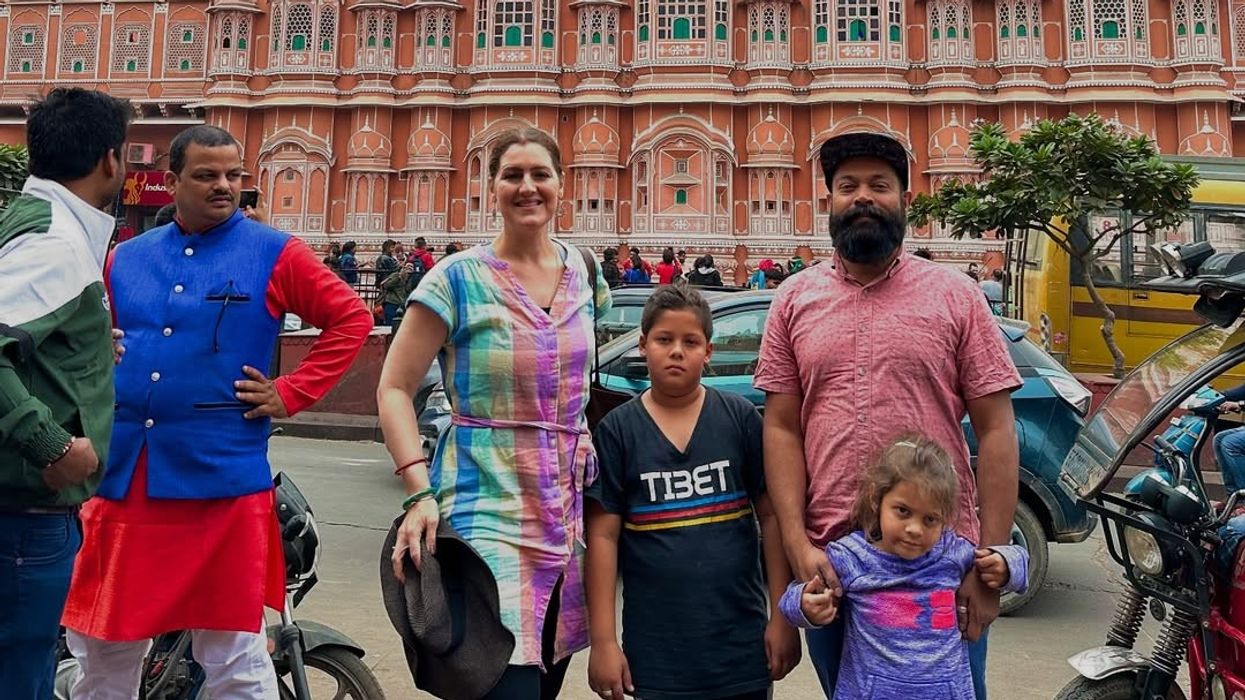Eid al-Adha, also known as the “Feast of Sacrifice,” is one of the most important Islamic holidays celebrated by over two billion Muslims worldwide.
It honors the profound faith of Prophet Abraham, who was willing to sacrifice his son in obedience to God’s command. This act of devotion is commemorated annually with prayer, sacrifice, and communal festivities.
The holiday falls on the 10th day of Dhul Hijjah, the last and most sacred month of the Islamic lunar calendar. In 2025, the pilgrimage to Mecca, known as Hajj, began at sunset on Thursday (5).
The Hajj is a mandatory religious duty for Muslims who are physically and financially able to undertake it at least once in their lifetime. Pilgrims gather at significant sites like Jabal al-Rahmah (Mount Arafat) near Mecca to perform rituals that symbolize spiritual renewal and submission to God.
For Muslims not participating in the Hajj, Eid al-Adha celebrations typically start the following day, June 6, though exact dates can vary by country depending on moon sightings and local religious authorities.
The holiday’s central theme is sacrifice. According to Islamic tradition, God asked Abraham to sacrifice his son, traditionally believed to be Ishmael, as a test of faith. At the last moment, God intervened and provided a ram to be sacrificed instead.
To honor this event, many Muslims perform Qurbani, the ritual sacrifice of an animal such as a goat, sheep, cow, or camel. The meat from the sacrifice is divided into three parts: one-third for the family, one-third for friends and relatives, and one-third for those in need.
Participation in Qurbani is encouraged but not mandatory, and many choose to donate to charities that distribute meat to communities facing food insecurity. The ritual reflects generosity, compassion, and social responsibility.
Eid al-Adha is also a time for communal prayer and joyous gatherings. The day begins with a special prayer service at mosques, often drawing large congregations. Muslims dress in their finest clothes, perform personal grooming rituals like bathing, and recite “Takbeer” (praise of God) on the way to prayer.
The festival atmosphere is marked by exchanging greetings, giving “Eidi” (gifts), and sharing festive meals, including homemade sweets.
Assistant Professor Mohsen Goudarzi from Harvard Divinity School draws a parallel to Christian communion, explaining that just as Christians honor the sacrifice of Jesus with bread and wine, Muslims commemorate Abraham’s sacrifice through the Qurbani ritual.
Overall, Eid al-Adha is a time of spiritual reflection, community bonding, and charitable giving.


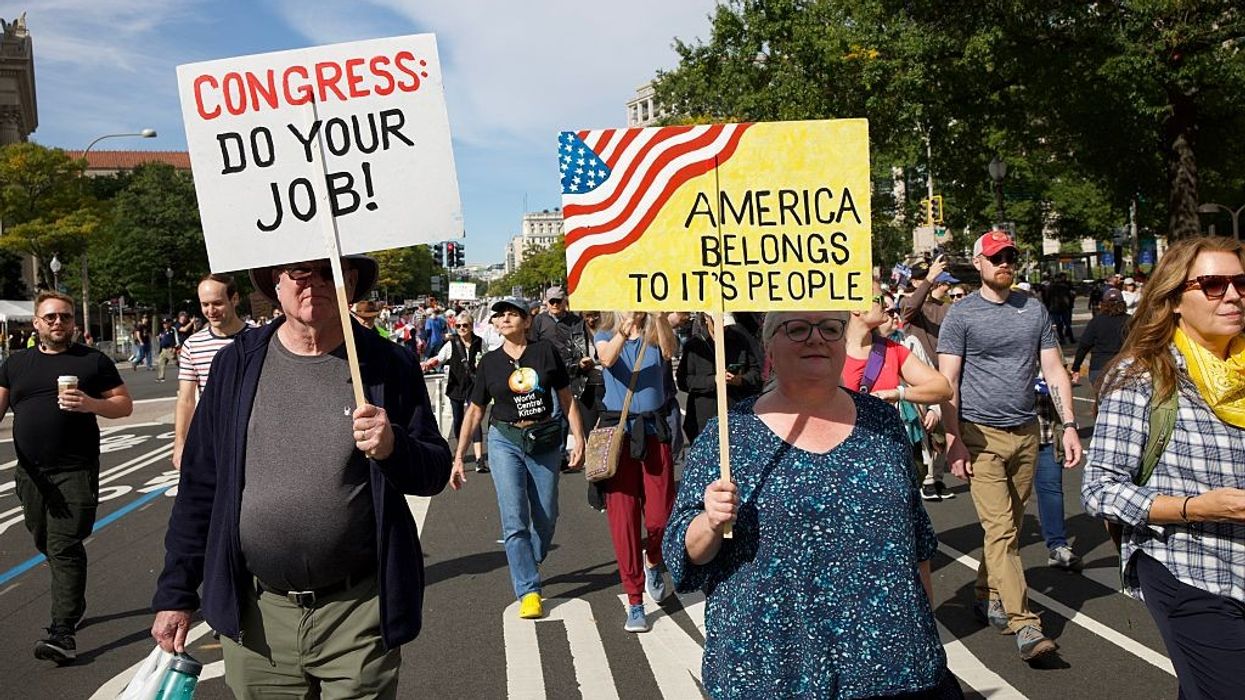
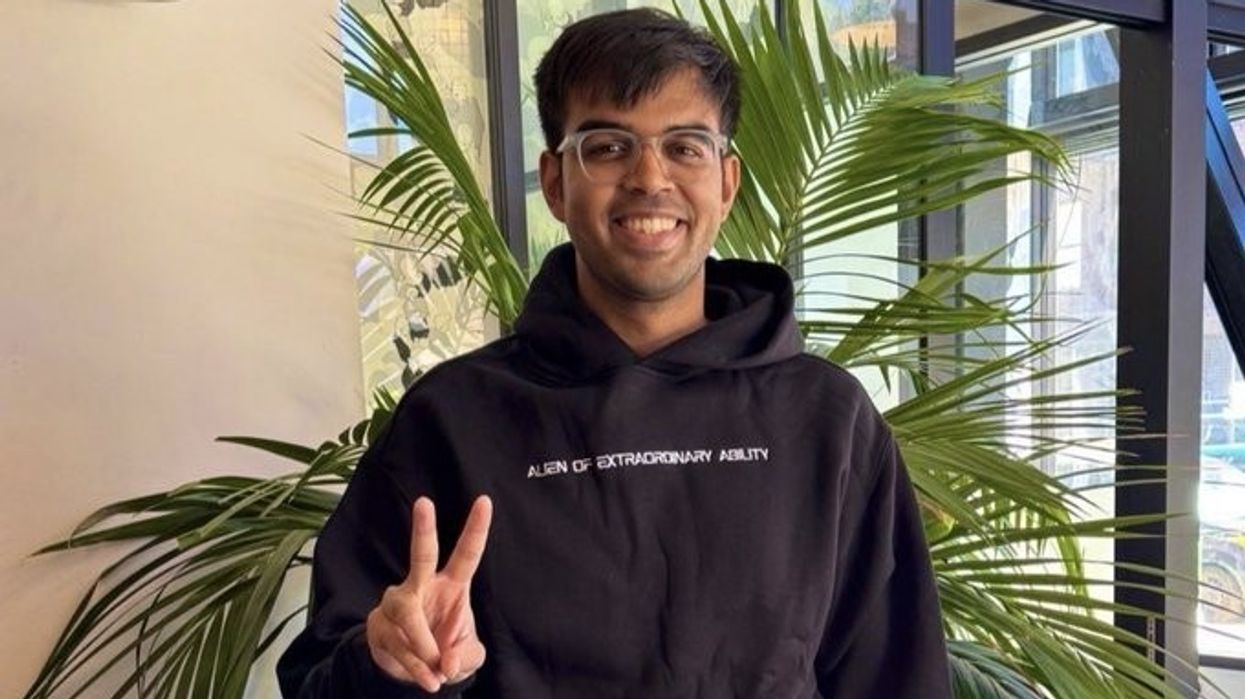

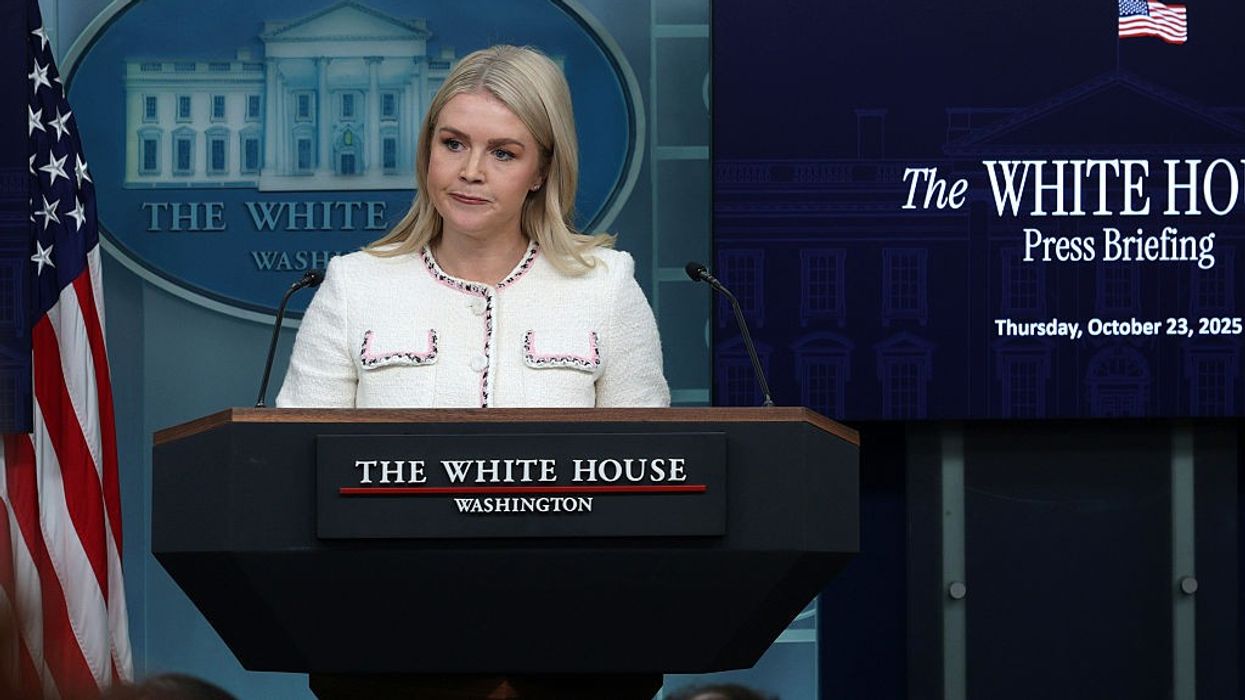
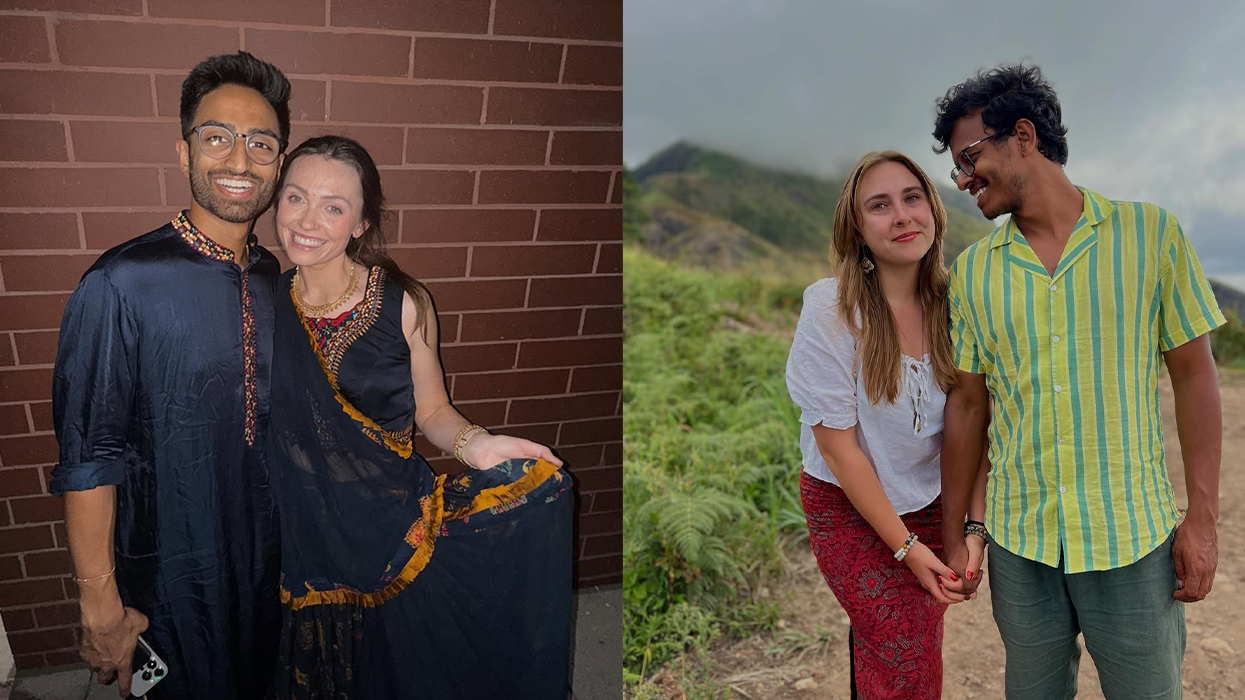



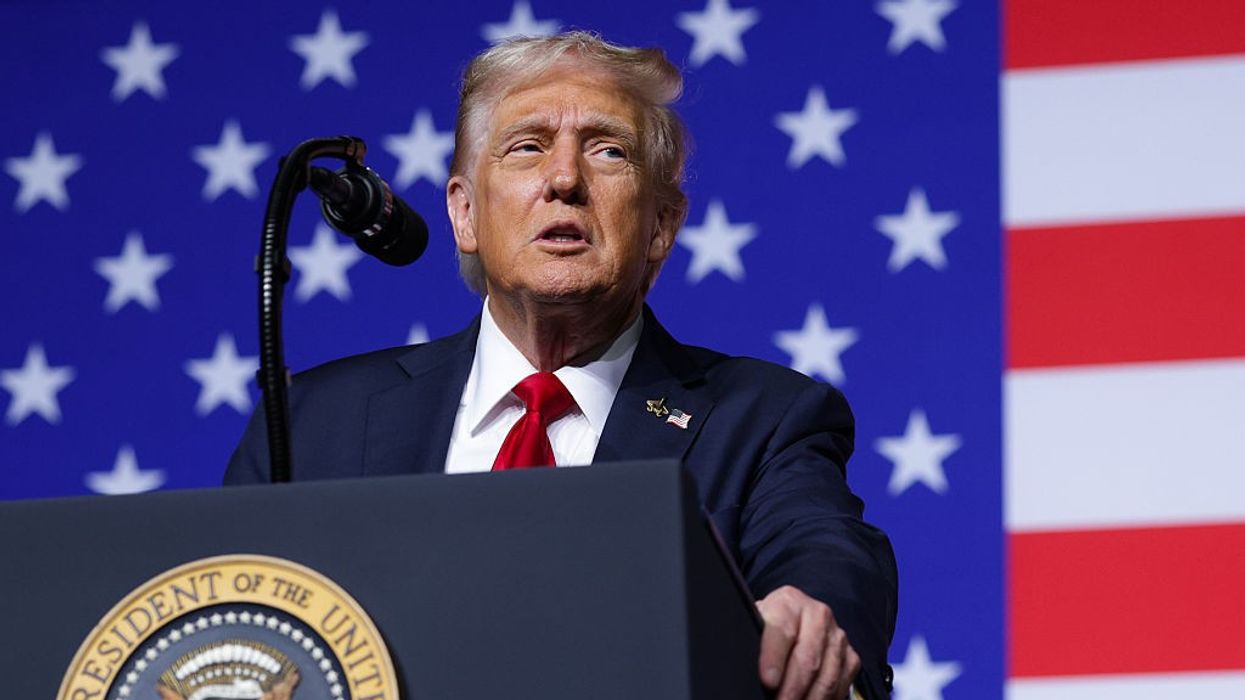
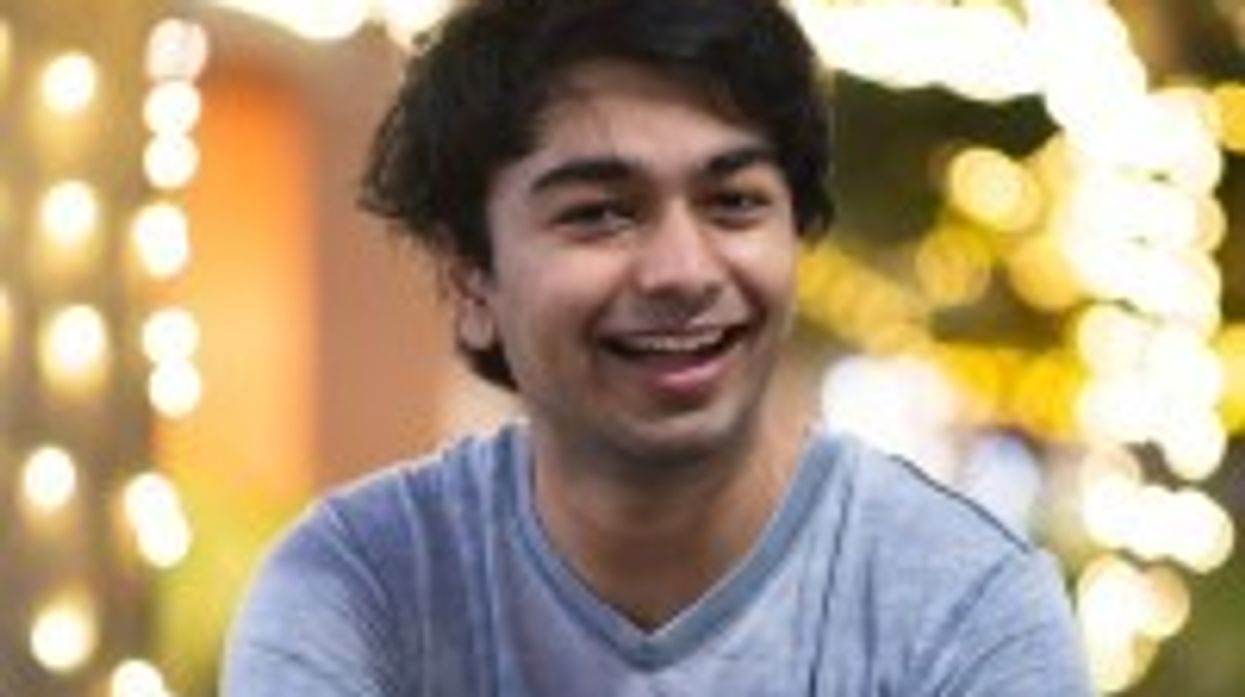
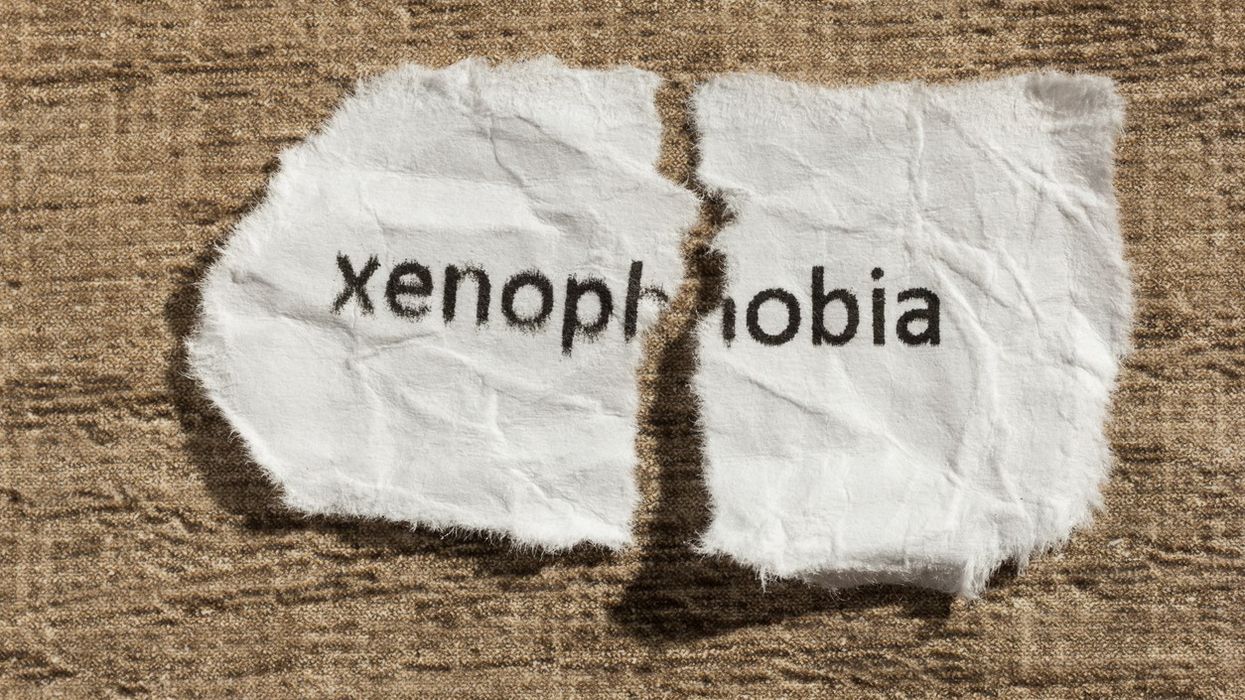
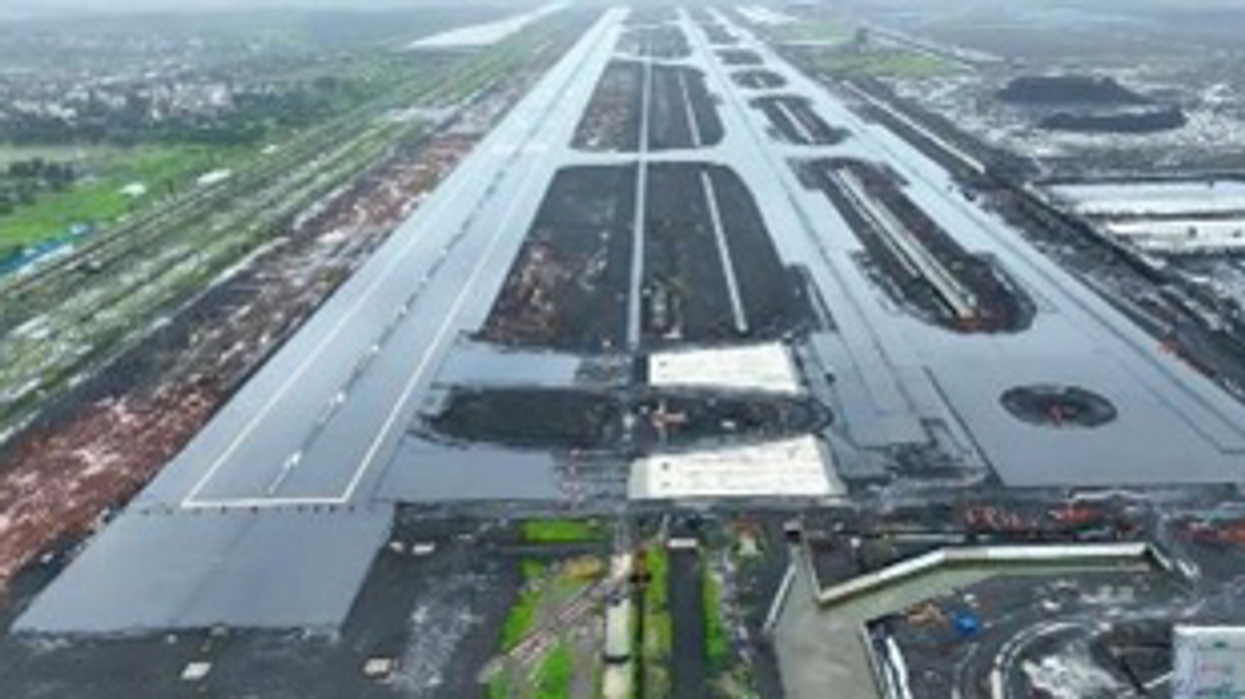
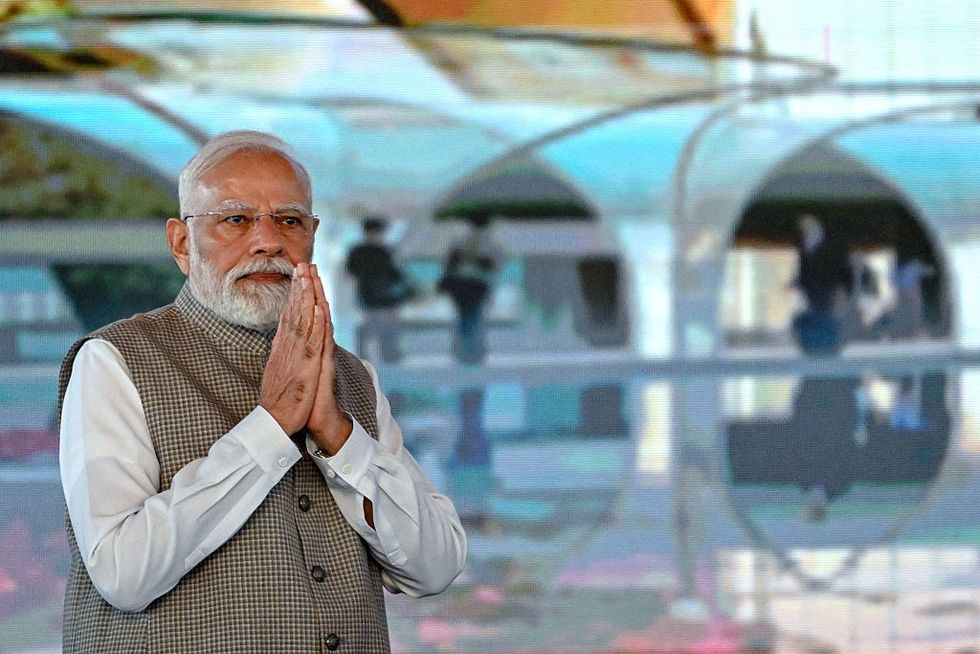 India's Prime Minister Narendra Modi greets the crowd as he arrives to attend the inauguration ceremony of phase one of the Navi Mumbai International Airport in Navi Mumbai on October 8, 2025. Getty Images
India's Prime Minister Narendra Modi greets the crowd as he arrives to attend the inauguration ceremony of phase one of the Navi Mumbai International Airport in Navi Mumbai on October 8, 2025. Getty Images 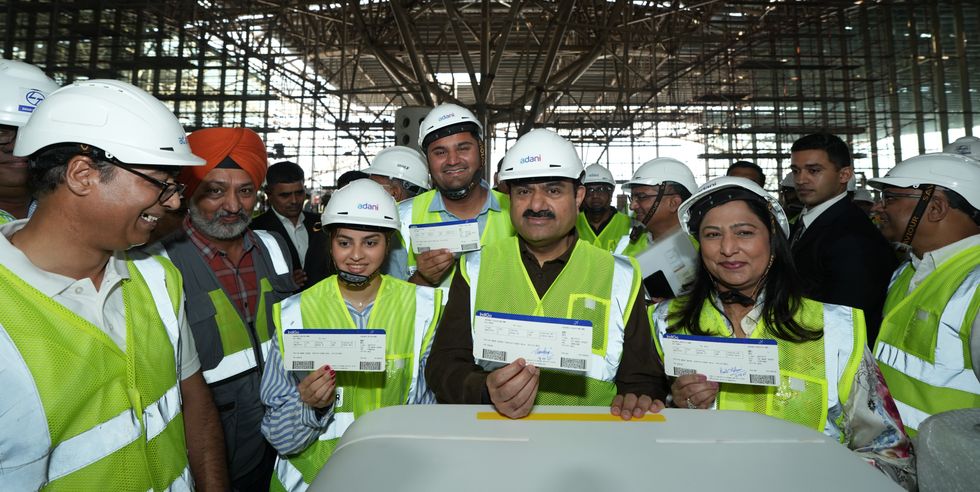 Once fully operational, NMIA will transform Mumbai into one of the few multi-airport cities globally—joining the ranks of London, New York, and Tokyo. www.nmiairport.co.in
Once fully operational, NMIA will transform Mumbai into one of the few multi-airport cities globally—joining the ranks of London, New York, and Tokyo. www.nmiairport.co.in
